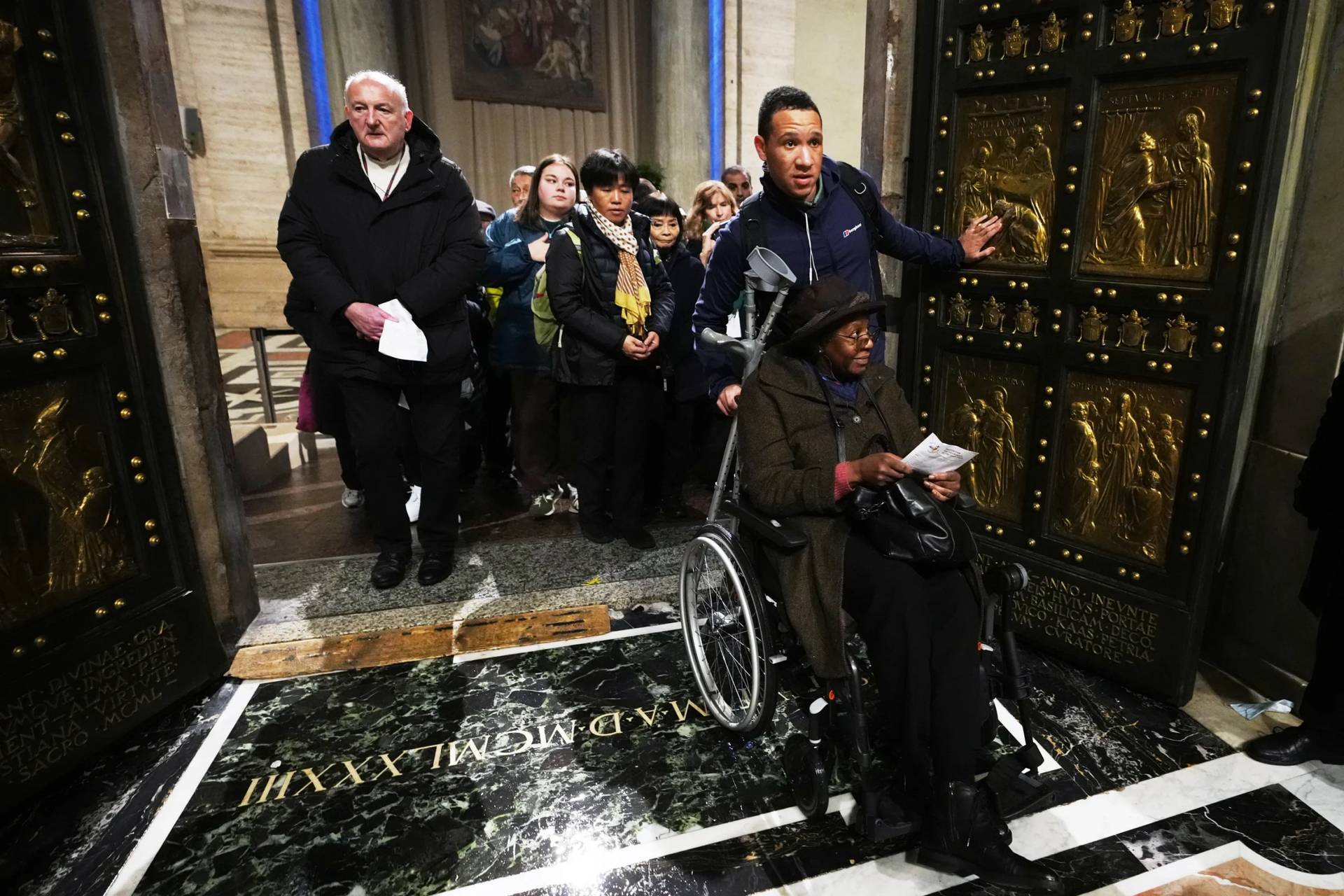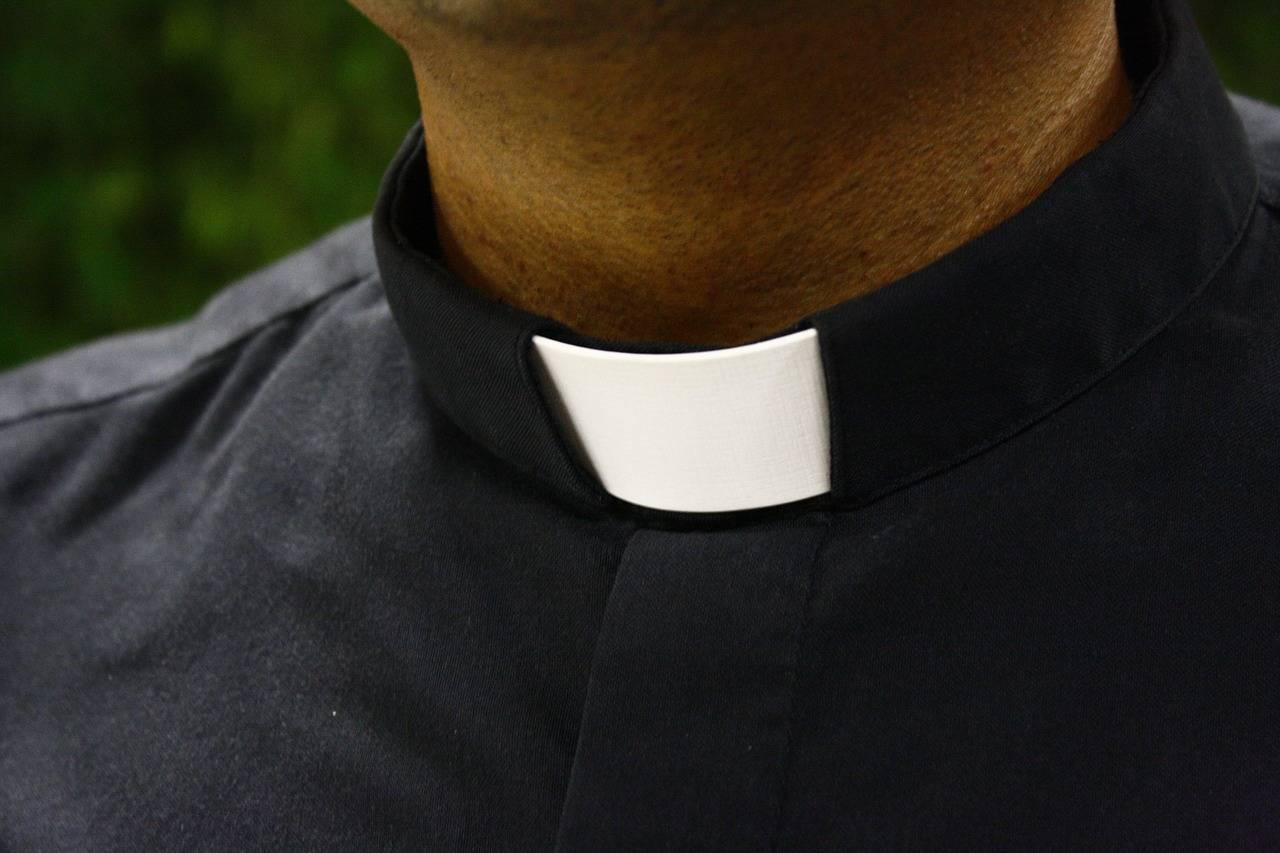Much has been said about Supreme Court Justice Antonin Scalia, who was laid to rest Saturday. While pundits, politicians, and critics alike on both sides of the political divide have praised his vast legal knowledge, sense of humor, and his deep Catholic faith, I’ve spent some time reflecting on what it really means to live out one’s life as a Catholic in the public eye.
I thought, too, of Pope Francis’ speech to Congress last fall when he lifted up the stories of four Americans, two of whom were Catholic. What does it mean to truly live a life of faith and good works? Was Justice Scalia a faithful Catholic voice in the political sphere?
As I explored these questions, I took a closer look at some of Justice Scalia’s positions that are important to the Catholic Church in light of the United States Conference of Catholic Bishop’s voting guide, “Forming Consciences for Faithful Citizenship.”
Justice Scalia’s view on abortion was well known: He was fundamentally against it, as is the Catholic Church, which calls abortion an “intrinsic evil” in its voting guide. But the guide also states that other life issues, among them war and torture, can “never be justified.” Antonin Scalia was a proponent of torture, stating that those who are against it are merely being “self-righteous.” Since the United States’ use of torture has been during wartime, one might wonder what Justice Scalia’s thoughts were on war and peace as well.
The bishops’ voting guide listed racism as another issue that can never be justified, and yet Justice Scalia made headlines at the end of 2015 when he made troubling and racially tinged comments about African-American students:
There are those who contend that it does not benefit African Americans to get them into the University of Texas where they do not do well, as opposed to having them go to a less-advanced school, a … slower-track school where they do well.
One of the briefs pointed out that … most of the black scientists in this country don’t come from schools like the University of Texas. They come from lesser schools where they do not feel that they’re … being pushed ahead in … classes that are … too fast for them.
One wonders who exactly are the “they” who claim that African-American students would benefit from going to a school that isn’t “too fast.”
Another issue where Justice Scalia differed from the institutional Church was capital punishment. In “Evangelium Vitae,” or “The Gospel of Life,” Pope John Paul II stated that capital punishment should occur only under the most extreme circumstances, and that due to modern conditions today, would probably not be acceptable under any circumstance. Justice Scalia, on the other hand, once said at an event at Pew that “You want to have a fair death penalty? You kill; you die. That’s fair.”
It’s certainly true that in today’s political world, with issues that put people into right or left boxes, no Catholic would have a true political home if one were to weigh all of the issues, especially with the issues that are most important to the Catholic Church. As someone who works in faith-based advocacy, I often struggle with how to most effectively be a Catholic voice in all aspects of my life, and to speak about issues in a way that is authentically Catholic, from abortion and capital punishment, to war and torture, to racism and helping the poor and marginalized.
I also wonder how prudent it is to lift Justice Scalia up as an authentically Catholic voice, when many of his political views were not in line with Catholic teaching. I don’t doubt the man’s personal intelligence, humor, or faith, but I wonder about allowing his and other Catholic voices in the political sphere to be labeled as an authentic Catholic voice.
When Pope Francis spoke to Congress last fall (an event that Justice Scalia decided to skip, much as he is absent from most State of the Unions as well), he lifted up four Americans who bridged political divides and who often defied being put into boxes: Abraham Lincoln, Martin Luther King Jr., Dorothy Day, and Thomas Merton. As I continue to reflect on how to best live out my faith in the public sphere, I realize that in order to try to speak as an authentic Catholic, I must follow the example of the pope and the Americans he mentioned in his speech and try to bridge political divides and resist being put into one political box or another.
And while I’ll continue to respect the intelligence and Catholic faith of Justice Scalia, I’ll continue to be wary of labeling anyone who lifts up his voice as authentically Catholic.
Jason L. Miller is director of campaigns and development for the Franciscan Action Network.
















